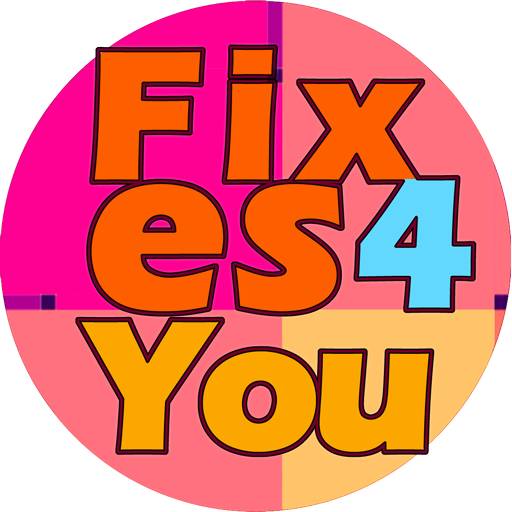Work burnout is a state of physical, mental, and emotional exhaustion that results from prolonged and repeated stress at work. It can affect your health, productivity, and well-being. It can often impact your relationships and personal life. If you are feeling burned out at work, you are not alone. According to a recent Gallup survey, 23% of employees reported feeling burned out at work very often or always, and another 44% reported feeling burned out sometimes.
Fortunately, there are ways to recover from work burnout and prevent it from happening again. Here are some strategies to help you recharge and restore your balance:
1. Recognize the signs of burnout
The first step to recovery is to acknowledge that you are experiencing burnout and that you need to take action. Some common signs of burnout include:
- Feeling cynical or critical at work
- Feeling detached or indifferent about your work
- Feeling tired or drained most of the time
- Having trouble concentrating or being productive
- Having frequent headaches, stomachaches, or other physical complaints
- Having changes in your appetite or sleep habits
- Losing interest or enjoyment in activities you used to like
- Having increased irritability or anger
- Having reduced sense of accomplishment or satisfaction
If you notice any of these symptoms, don't ignore them or try to push through them. They are signals that you need to take care of yourself.
2. Identify the causes of burnout
The next step is to figure out what is causing your burnout and what you can do to change it. Burnout can result from various factors, such as:
- Having a heavy workload and long hours
- Having unclear or unrealistic expectations
- Having a lack of control or autonomy over your work
- Having a lack of support or feedback from your manager or colleagues
- Having a lack of recognition or reward for your efforts
- Having a mismatch between your values and the organization's culture
- Having a conflict between your work and personal life
Try to pinpoint the specific sources of stress and dissatisfaction in your work situation and how they affect you. For example, you might feel burned out because you have too many tasks to complete in a short time, because you don't have the resources or skills to do them well, because you don't get any appreciation or feedback for your work, or because you don't have any say in how you do your work.
3. Seek professional help if needed
Sometimes, burnout can be so severe that it affects your mental health and well-being. If you are feeling depressed, and anxious, you should seek professional help as soon as possible. You might benefit from talking to a therapist, counselor, coach, or other mental health provider who can help you cope with your emotions, identify the root causes of your burnout, and develop a plan for recovery.
You might also consider consulting with your doctor if you have any physical symptoms that interfere with your daily functioning. You might need medication or other treatments to address any underlying health issues that contribute to your burnout.
4. Set boundaries and prioritize
One of the key strategies for recovering from burnout is to set healthy boundaries and prioritize your tasks and activities. This means learning to say no to requests or demands that are not essential or aligned with your goals, delegating or outsourcing tasks that are not within your scope or expertise, and asking for help or support when you need it.
It also means prioritizing the most important and urgent tasks and focusing on one thing at a time. You can use tools such as calendars, planners, lists, reminders, timers, etc., to organize your work and manage your time effectively.
List out tasks as: Urgent or Not Urgent
Tackle them based on importance: Do first or Plan ahead
And for tasks that are not very important: Delegate them or Eliminate them completely
By following this matrix, you can reduce the amount of stress and pressure you face at work and focus on what matters most.
5. Finally, take breaks and recharge
Another essential strategy for recovering from burnout is to take regular breaks and recharge your energy. This means finding time or space for yourself where you don't engage in things that are work-related.




